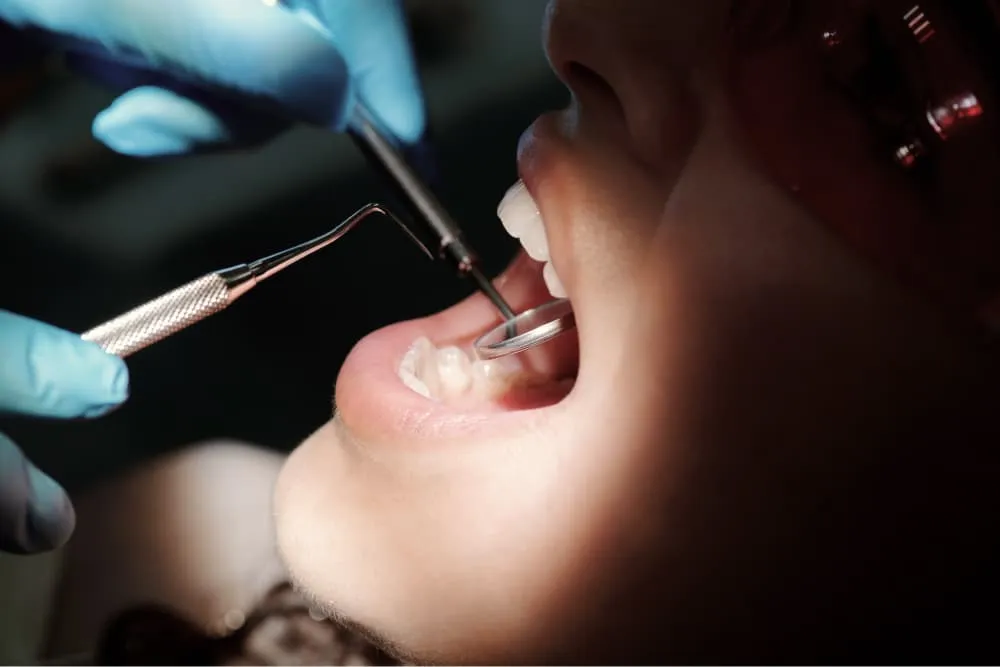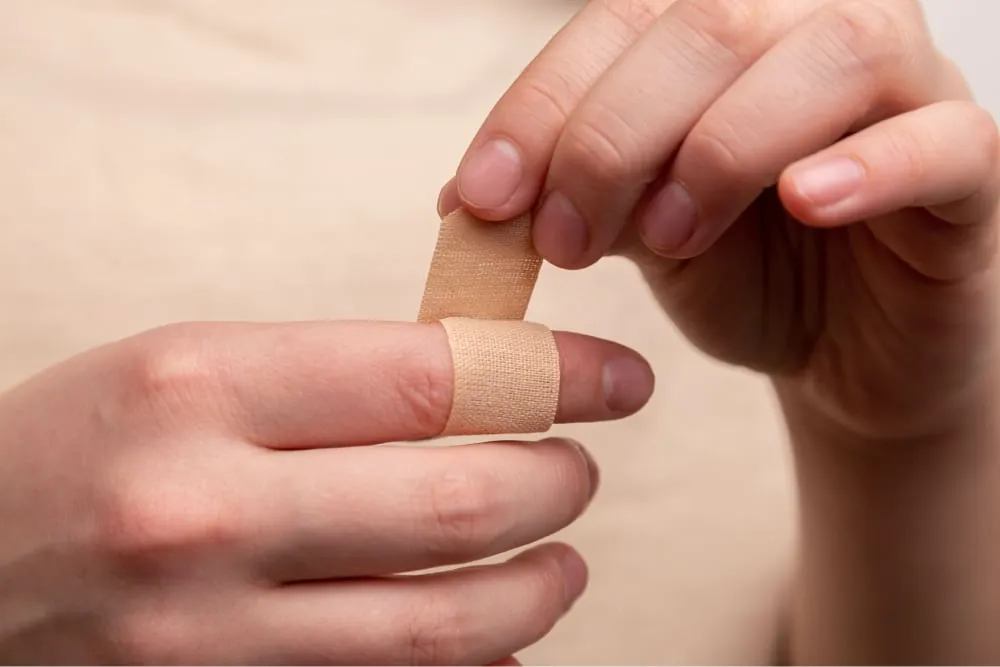What causes acid reflux and GERD?
Acid reflux occurs when the acid that is in the stomach travels upwards into the esophagus (throat).2 When acid reflux occurs more than twice a week for a prolonged period of time, it's generally considered GERD.
There are a number of factors that can contribute to this backwards movement of the digestive system. Certain medications can bring on acid reflux, and some types of foods—especially spicy food, dairy, or fried food—can often lead to this effect. Pressure on the abdomen and certain types of hernias can also make acid reflux more likely to occur.5
But regardless of the trigger, acid reflux happens when the lower esophageal sphincter, or the valve between the esophagus and the stomach, becomes weakened or too relaxed. This is what allows the stomach acid to come back up into the throat.5
Researchers are unsure of the cause of chronic acid reflux, or GERD, but a serious eating disorder like BN can contribute to medical complications which could influence the development of this issue.
GERD symptoms
Gastro oesophageal reflux disease is often uncomfortable or painful, and it can be identified by a number of telltale symptoms, including:5
- Chest pain
- Heartburn, or the sensation of burning in the chest
- Problems swallowing
- Vomiting or nausea
- Coughing
- Sore throat or hoarseness
In extreme cases, the condition could contribute to the development of esophageal adenocarcinoma, or esophageal cancer.2 So it's important to see a doctor if symptoms of GERD continue.
You might be interested in
Can bulimia cause GERD?
Perhaps the biggest risk factor for developing GERD for people with BN is the compensatory behavior often used by people with the condition.
Bulimia nervosa is an eating disorder characterized by cycles of binge eating and purging. Compensatory behaviors, such as excessive exercise, laxative misuse, and self-induced vomiting, are frequently used to "make up" for periods of binging.
When someone vomits, partially-digested food travels back through the esophagus, putting the sensitive tissue there in contact with caustic acids used for digestion. This can lead to inflammation of the esophageal lining, resulting in intense pain, burning, and acid reflux.
Some studies have connected the damage to the esophagus from self-induced vomiting and a higher incidence of GERD-related symptoms. But a research review has concluded that, while there may be an association between BN and reflux-related symptoms, further investigation with more subjects and better study design is needed to to prove conclusively that bulimia leads to GERD.3
Getting help for GERD and acid reflux
A number of treatments have been developed to help control or manage reflux-related issues, including those that help soothe the stomach or throat and options for limiting the damage done by excess acid.
A variety of medications, including over-the-counter and prescription varieties, are available to either neutralize or stop producing the excess acid responsible for acid reflux pain.6 But some of these treatments can also stop the absorption of valuable vitamins and minerals, such as calcium, magnesium, iron and vitamin B12.4
Supplements can be used to replenish nutrient deficiencies.
In these cases, supplements can be used to help replenish nutrient deficiencies, but consuming a variety of food is the best way for the body to get the fuel and nutrients it needs to function properly and heal itself—which may be tricky when dealing with digestive issues like GERD or eating disorders like BN.
In extreme cases, a surgery called fundoplication can be performed to help strengthen the lower esophageal sphincter.6 Medical professionals will take a number of factors into account when recommending the procedure.
Finding help for bulimia nervosa
Regardless of the exact relationship between bulimia nervosa, GERD and acid reflux, it's indisputable that repeated vomiting damages the lining of the esophagus.2 Yet, while there are treatments available to help soothe or repair the esophageal lining, it can not fully heal if frequent vomiting continues.
In this sense, the best way to address reflux-related issues for people experiencing BN is to address bulimia nervosa itself.
If you or a loved one are struggling with these conditions, you can consult your primary care physician, therapist, or another trusted medical professional for help with receiving an official diagnosis or determining the next best steps for finding treatment.
Remote treatment is available
Consult the experts at Within Health. Our team of multidisciplinary experts are always available and can help put together an individualized treatment plan that can help you or your loved one get the care you need to overcome bulimia nervosa, GERD, and other related medical complications.
Realizing there’s a problem and asking for help can be hard. But help is available and healing is possible.
Call (866) 293-0041 

































